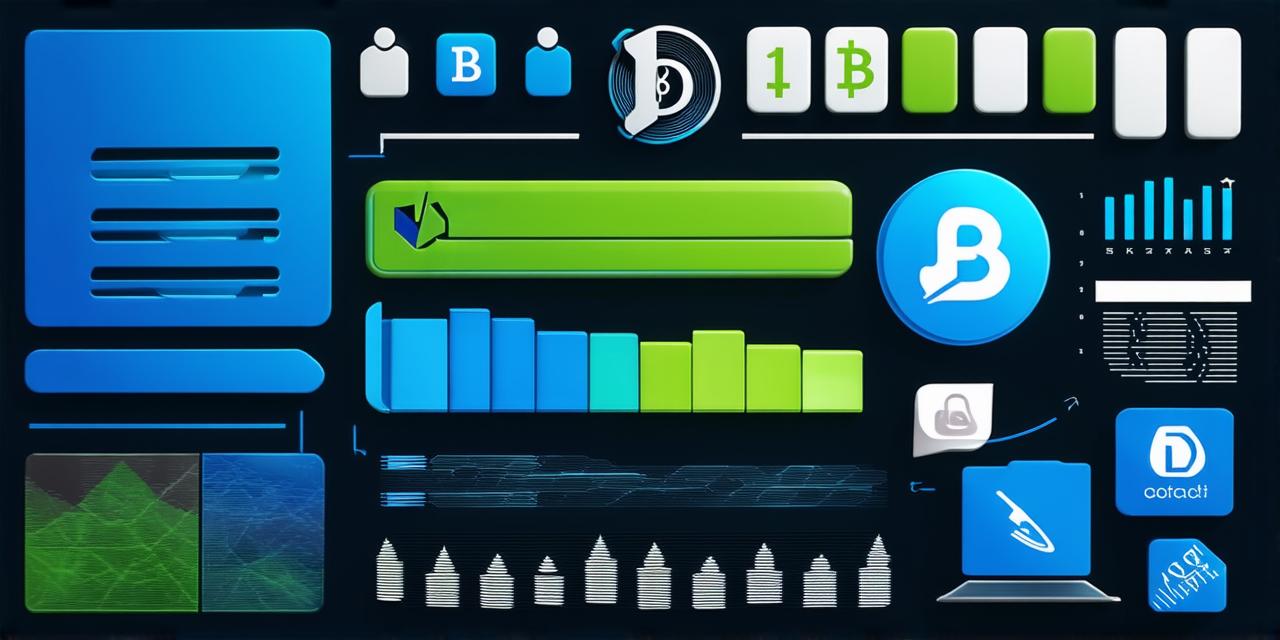How blockchain can be used in healthcare

Introduction
Healthcare is one of the most critical industries, and the security and privacy of patient data are paramount. The traditional methods of storing and sharing patient data, such as paper records and centralized databases, are prone to errors, breaches, and fraud. Blockchain technology offers a solution to these problems by providing a decentralized, secure, and transparent platform for storing and sharing patient data.
In this guide, we will discuss the following topics:
* The benefits of blockchain in healthcare
* Case studies and real-life examples of blockchain in healthcare
* The challenges and limitations of blockchain in healthcare
* The future of blockchain in healthcare
The Benefits of Blockchain in Healthcare
Blockchain technology offers several benefits to the healthcare industry, including:
1. Security and privacy: Blockchain’s decentralized nature makes it virtually impossible for hackers to breach the system, ensuring the security and privacy of patient data. Patient data is encrypted and stored on a distributed ledger, making it unalterable and tamper-proof.
2. Interoperability: Blockchain technology enables seamless sharing of patient data between different healthcare providers, regardless of their location or system. This interoperability ensures that patients receive the best possible care by providing all relevant information to their healthcare providers.
3. Transparency: Blockchain technology provides a transparent record of all patient data, making it easy for healthcare providers to access and audit the data. This transparency helps reduce fraud and errors, leading to better patient outcomes.
4. Cost savings: Blockchain technology can help reduce the administrative costs associated with storing and sharing patient data. By automating the process, blockchain can eliminate the need for intermediaries and reduce the time and resources required for data sharing.
Case Studies and Real-Life Examples of Blockchain in Healthcare
1. MediLedger Project: The MediLedger Project is a consortium of healthcare companies that are working to develop a blockchain-based system for tracking prescription drugs from manufacturer to patient. By using blockchain, the project aims to reduce the risk of counterfeit drugs and ensure the integrity of the supply chain.
2. Gem: Gem has partnered with several healthcare providers to develop a blockchain-based platform for storing and sharing patient data. The platform enables secure and interoperable sharing of patient data between different healthcare providers, leading to better patient outcomes.
3. MedicalChain: MedicalChain is a blockchain-based platform that enables patients to securely store and share their medical records with healthcare providers. By using blockchain, MedicalChain ensures the security and privacy of patient data while enabling seamless sharing between different healthcare providers.
The Challenges and Limitations of Blockchain in Healthcare
Despite its potential benefits, blockchain technology also faces several challenges and limitations in the healthcare industry, including:
1. Regulatory hurdles: The healthcare industry is highly regulated, and any new technology must comply with strict regulations to ensure patient safety and privacy. This can be a challenge for blockchain-based solutions, as they may not be subject to the same regulatory frameworks as traditional systems.
2. Interoperability challenges: While blockchain technology enables seamless sharing of data between different healthcare providers, it still faces interoperability challenges due to the fragmented nature of the healthcare system. Different systems and standards may not be compatible, leading to data silos and inefficiencies.
3. Scalability limitations: Blockchain technology is still in its early stages, and its scalability remains a concern. As the number of users and transactions increases, the network’s performance may suffer, leading to delays and increased costs.
The Future of Blockchain in Healthcare
Despite these challenges and limitations, blockchain technology is set to play an increasingly important role in the healthcare industry. The potential benefits of blockchain technology are too significant to ignore, and as the technology continues to evolve, we can expect to see more innovative solutions emerge.



